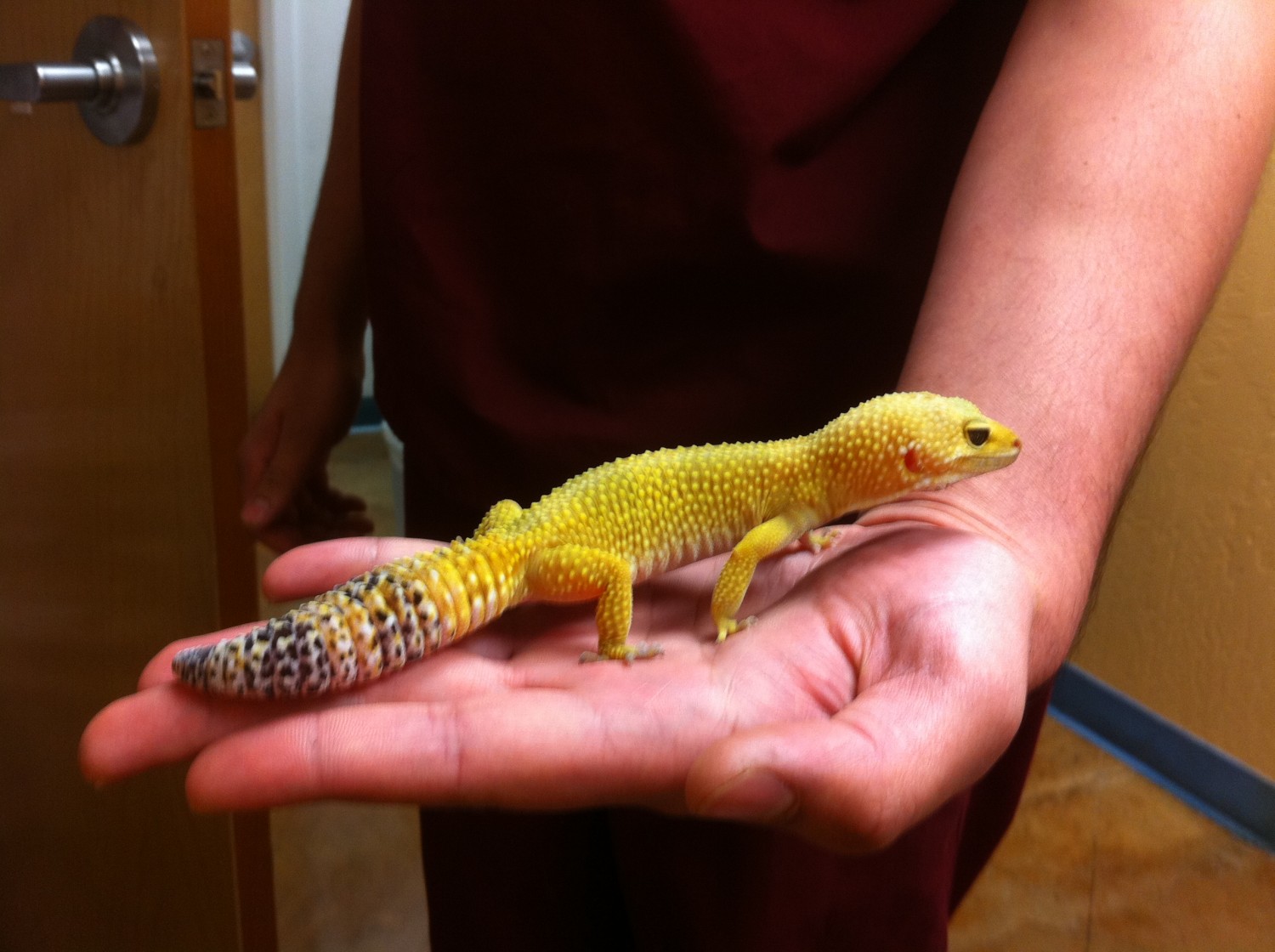|
Exploring the Enchanting World of Geckos as Pets

In the realm of exotic pets, few creatures are as captivating and enchanting as geckos. These remarkable reptiles have carved out a special place in the hearts of pet enthusiasts around the world. Their unique charm lies not only in their striking appearances but also in their manageable care requirements, making them an excellent choice for both novice and experienced pet owners. If you've ever been curious about bringing a gecko into your life as a pet, this guide will introduce you to the fascinating world of geckos as companions, shedding light on their diverse species, care essentials, and the joys of keeping these remarkable creatures in your home.
Common Species: Geckos come in a wide variety of species, each with its own distinct characteristics and appeal. Some of the most commonly kept gecko species as pets include:
-
Leopard Geckos (Eublepharis macularius): Known for their gentle temperament and distinctive spotted patterns, leopard geckos are an excellent choice for beginners. They are small, easy to handle, and come in a range of colors.
-
Crested Geckos (Correlophus ciliatus): With their unique fringed crests and vibrant colors, crested geckos are becoming increasingly popular as pets. They are arboreal, meaning they enjoy climbing, and are known for their docile nature.
-
African Fat-Tailed Geckos (Hemitheconyx caudicinctus): These geckos are similar in appearance to leopard geckos but have a distinctive fat tail. They are known for their calm demeanor and are relatively easy to care for.
-
Tokay Geckos (Gekko gecko): Tokay geckos are known for their striking blue and orange coloration. However, they can be more challenging to handle due to their feisty temperament and strong bite, making them better suited for experienced reptile keepers.
-
Day Geckos (Phelsuma spp.): These diurnal geckos are prized for their vivid green coloration and active behavior. They require specialized care and are better suited for experienced keepers.
Basic Needs: To ensure the health and happiness of your gecko companion, it's essential to meet their basic needs, which include:
-
Housing: Provide an appropriately sized enclosure for your gecko, with proper ventilation and security. The size and setup will vary depending on the species. Some geckos are arboreal, while others are terrestrial, so choose the enclosure type accordingly.
-
Temperature and Lighting: Maintain the correct temperature gradient within the enclosure. Most geckos require a basking spot with a heat source and access to UVB lighting. Research the specific requirements for your gecko's species.
-
Substrate: Select a suitable substrate for your gecko's enclosure. This can include coconut coir, cypress mulch, or paper towels, depending on the species and humidity needs.
-
Diet: Geckos have diverse dietary preferences. Some are insectivores, while others are omnivores or frugivores. Research the dietary requirements of your specific gecko and provide a balanced diet of insects, fruits, and specialized gecko food.
-
Humidity: Maintain the appropriate humidity levels within the enclosure. This is crucial for shedding, digestion, and overall health. Use a hygrometer to monitor humidity levels and provide a water dish for drinking and maintaining humidity.
-
Enrichment: Geckos benefit from environmental enrichment, such as climbing branches, hiding spots, and live or artificial plants. These elements help create a stimulating and comfortable habitat.
As you embark on your journey into the world of gecko ownership, remember that each species has its unique care requirements. Research and understanding are key to providing a fulfilling and safe environment for your gecko pet. With the right knowledge and attention, you can enjoy the rewarding experience of sharing your life with these captivating creatures.
Jill M. Patt, DVM
|